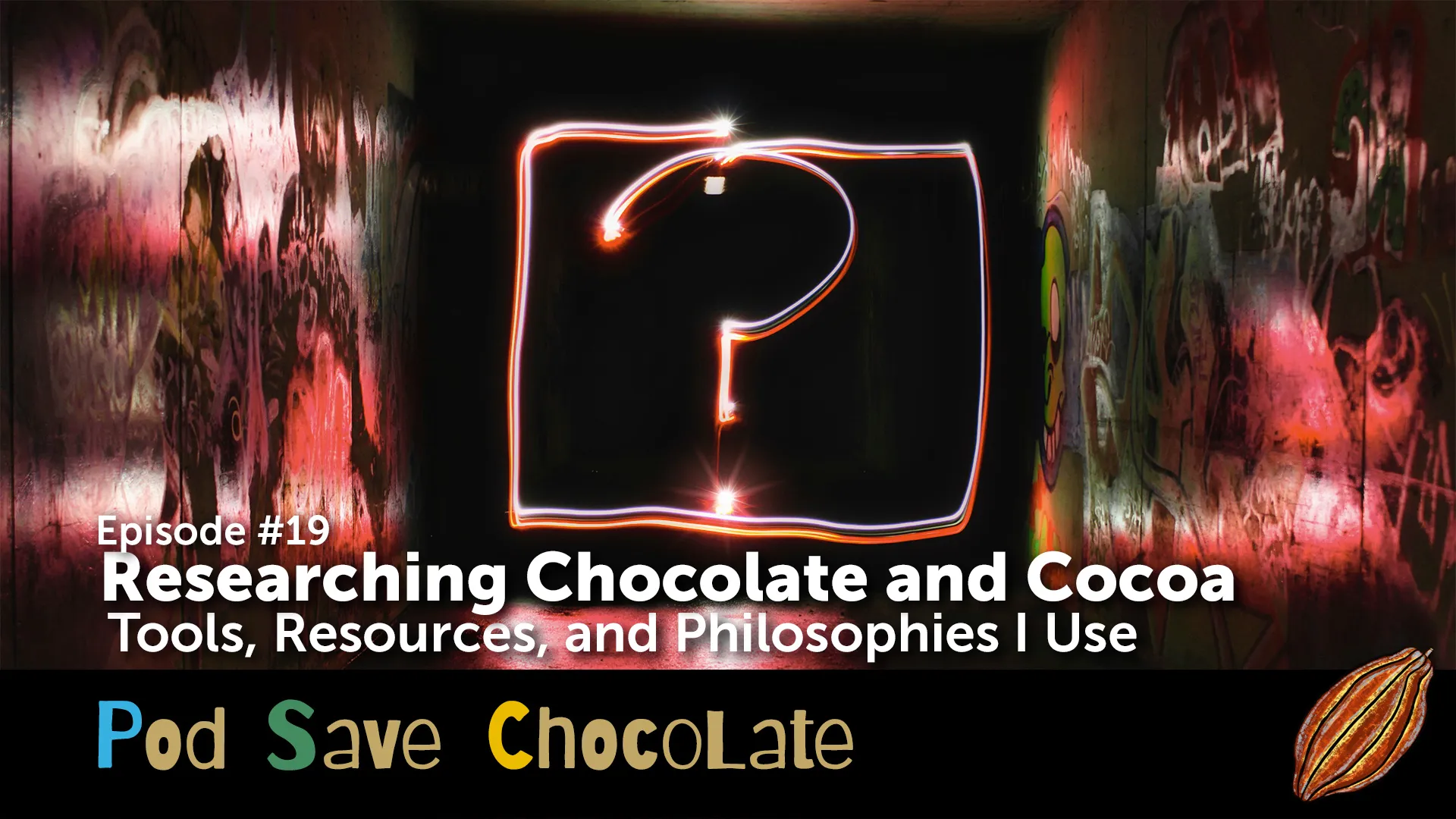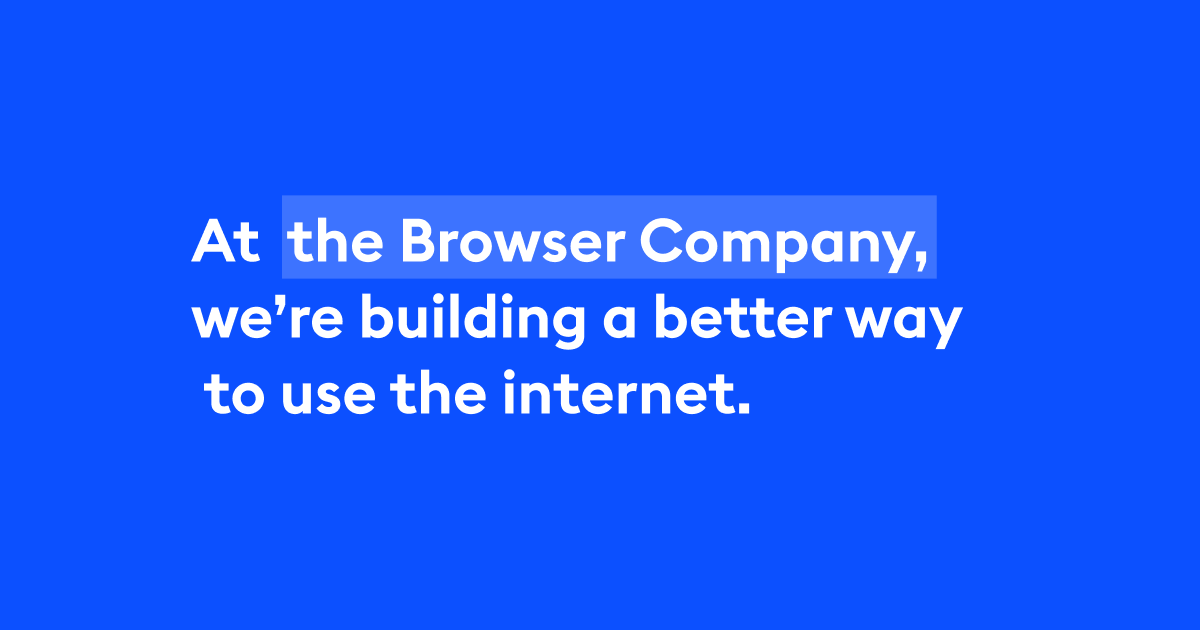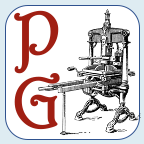Researching Chocolate and Cocoa on the Interwebs | #PodSaveChocolate

Episode 19 of #PodSaveChocolate features a discussion of the tools and resources I use to do my research on chocolate and cocoa on the Interwebs.
When and Where to Watch

Click to watch in a new tab or window. Please subscribe (free!) to the @PodSaveChocolate YouTube channel as well as like this video, comment, and share to help grow the #PSC community.
Link to watch and comment from my LinkedIn profile.
Link to watch and comment on TheChocolateLife page on Facebook.
Episode 19 Overview
This episode of #PodSaveChocolate features a discussion of the tools, resources, and approaches I use when researching chocolate and cocoa on the #Interwebs. These techniques have been developed and honed over more than thirty years spanning careers in high tech and chocolate.
Why? And How?
I spend a lot of hours poring over news, opinion, and research about chocolate and cocoa in my roles as a chocolate and cocoa consultant, journalist & podcaster, and critic.
This kind of research is something I have done since shortly after I finished college and went to work for my first high-tech startup – in October of 1983. I subsequently spent over a decade working on teams designing, developing, marketing, and selling hardware and software for computer graphics, interactive multimedia, HDTV, information/database management, and Internet apps. For most of that time I wrote for technical journals on related topics, and I wrote the first book on HDTV production.
I attended every SIGGRAPH conference between 1984 and 1998, I was at TED2 (where I met Jane Metcalfe and Louise Rosetto, the co-founders of Wired), I exhibited at Photokina in 1986 and at several NAB trade shows before I attended my first Fancy Food Show (in the summer of 2001).
What this history provided me with is perspective. And I have learned, over the course of more than thirty years, are techniques to if not get at the truth then to at least recognize BS when it comes my way. Much of this I credit to my formal college education in the fine arts at The Evergreen State College and the Rhode Island School of Design.
The most important things are to:
- Pay attention and recognize useful patterns – especially to things going on on the periphery.
- Learn how to look for information and organize the results of your research into schemes that make what you learn memorable and easily accessible.
- Remain skeptical.
- Always seek a truthful position to represent. It may not be a perfect understanding but it should be defensible based on facts.
- Have opinions about the facts, and speak what you believe to be a truth, but be open to changing them when new information comes your way.
- Admit your mistakes, apologize when and where you need to, and move on.
- Have fun.
(With) What

The Arc Browser



Some links to other tools
I also use spreadsheets (Excel and Airtable mostly), plus a programmer’s text editor (Sublime) that supports search and replace using regular expressions.
Where?

Scholarly papers

Historical books and papers
%2C_by_Peter_Lely.jpg/1200px-Elizabeth_Murray_(1626%E2%80%931698)%2C_by_Peter_Lely.jpg)
Industry Publications & Newsletters and How to Recognize When a “Story” is just an Edited Press Release”
- International Confectionery Magazine
- Confectionery News
- Confectionery Production
- Kennedy’s Confections
- Candy Industry
- Food Dive
- ARS/Tellus
- Specialty Food Association
A Cautionary Tale

Paying close attention is important
A New Resource

A new favorite resource.

I learned there is a Chocolate Mountains range in Yuma county near the border with California.
Homework
Fact check the following ATK video. There are at least three very obvious wrong and/or incomplete statements in this episode. ChocolateLife members: Show your work in the comments.

Episode Hashtags
#Research #AI
#cocoa #cacao #cacau
#chocolate #chocolat
#PodSaveChocolate #PodSaveChoc #PSC
#LaVidaCocoa #TheChocolateLife
#TheChocolateLifeLIVE Archive
To read an archived post and find the links to watch archived episodes, click on the bookmark card, below.









